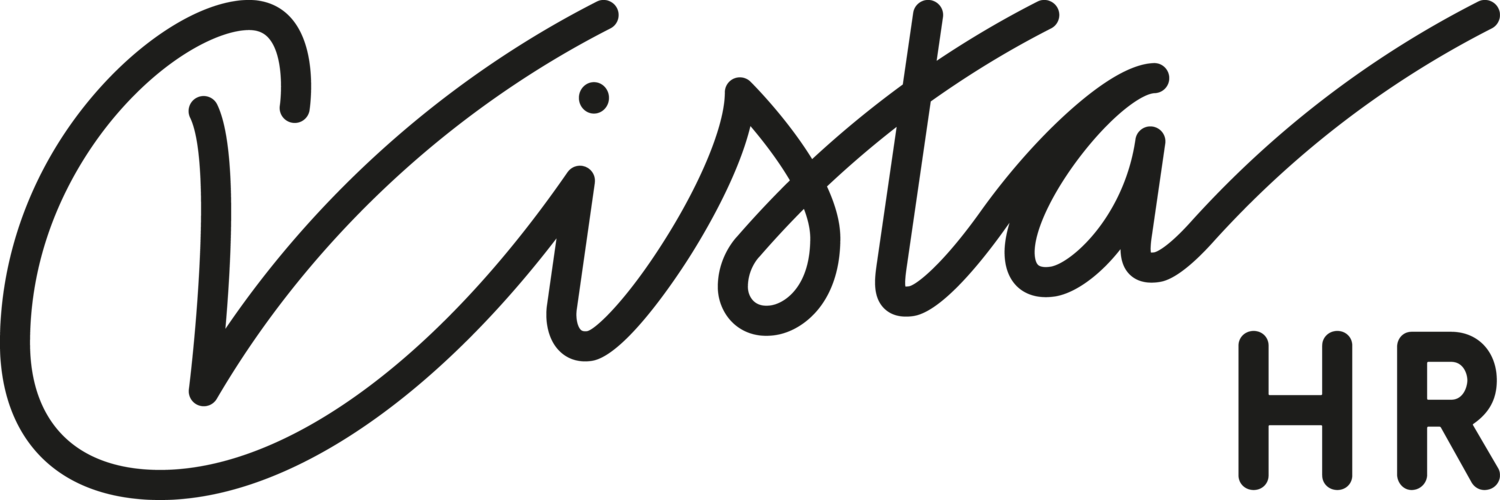On your first day of work, you need to step out of your comfort zone. Being in your previous job was your comfort zone where you were comfortable with your colleagues, your assignments, your routine at work as knew the working style of your colleagues.
On your first day, you might not be very sure with regards to what you were supposed to be doing, and assignments with very short deadline could have been thrown to you.
Here are some tips to overcome that.
ENJOY THE PROCESS
We all must start from somewhere. You must understand that during your previous job, the transitioning process was not that easy as well. When you are experiencing discomfort, it means you are challenging yourself, and are progressing. You are also likely a skill which makes you feel incompetent for now, but you must keep reminding yourself that it is all right.
ASK FOR HELP AND ACCEPT IT
This is crucial because it makes more sense to shout for help in the initial stages in comparison to shouting for help a few months down the road when people assumed you should be well familiar with it. It is acceptable for you to put your pride aside and ask for help from someone who have done it before. Do not assume your colleagues are too busy to help you in transition because as the saying goes – never ask never to know.
When you ask, you also gradually build relationships among your colleague. An intelligent person would make use of the resources instead of just self-reliance.
DON’T GIVE UP
Gradually, it will get better. The starting is always the most challenging, but you will get there one day. You will likely be very uncertain, hence not very comfortable in speaking up during meetings or unsure of how is the best approach to handle your boss.

